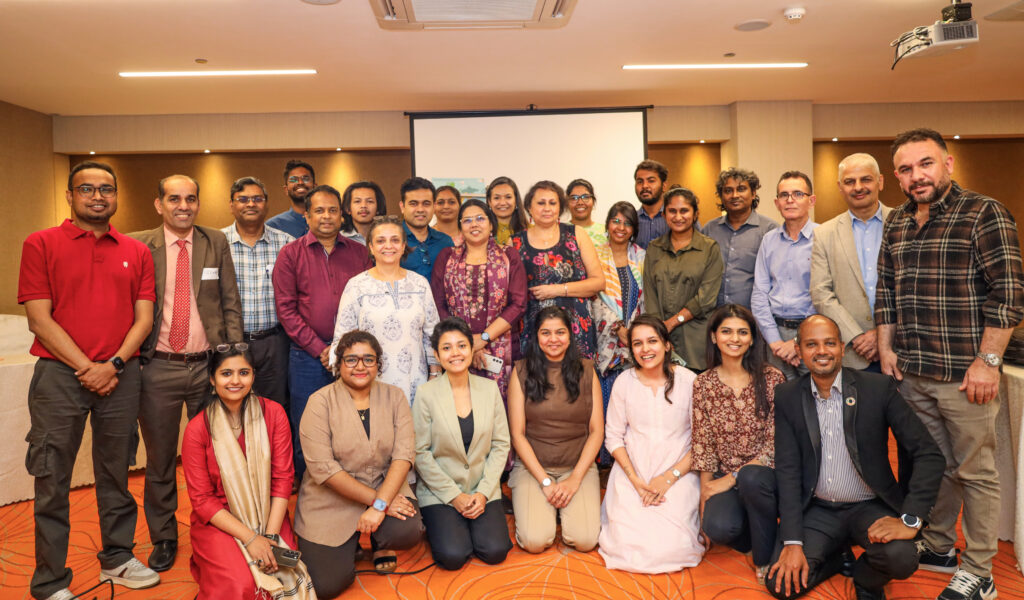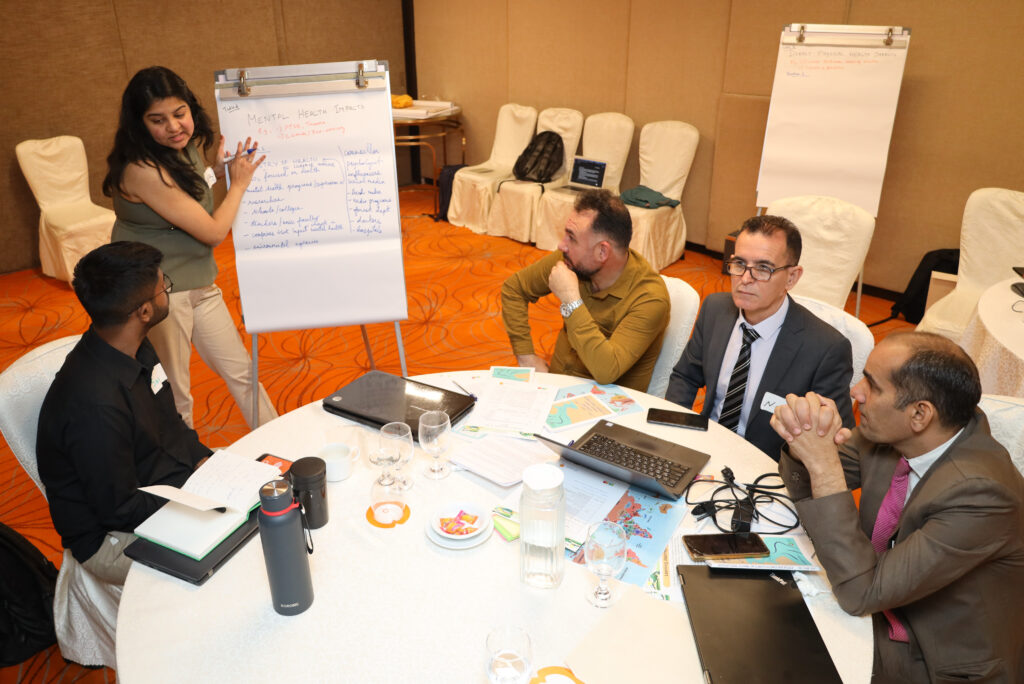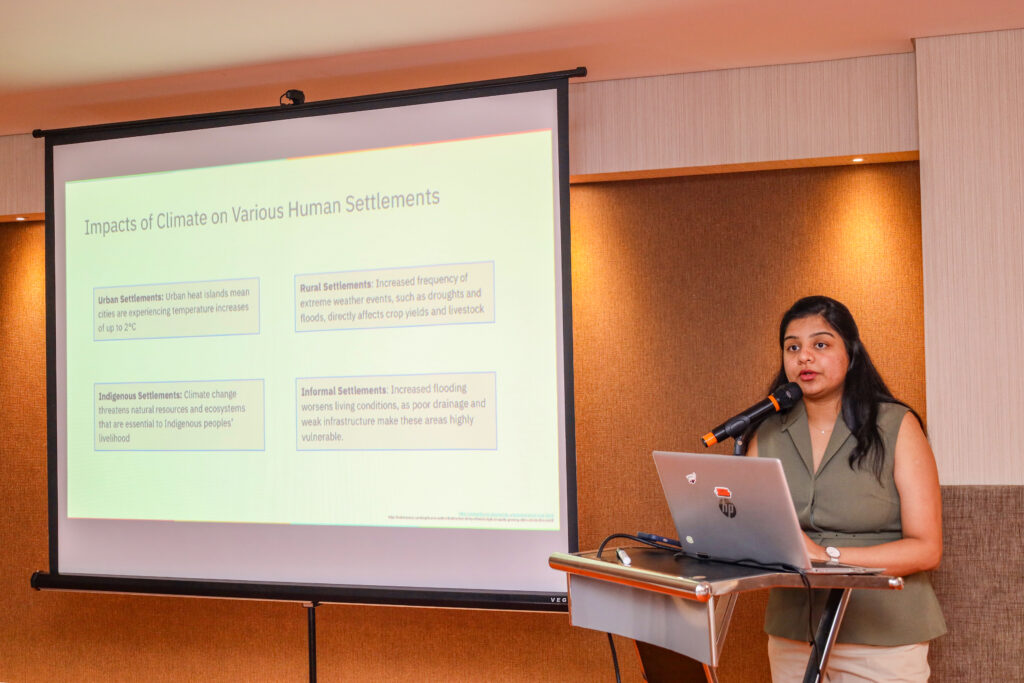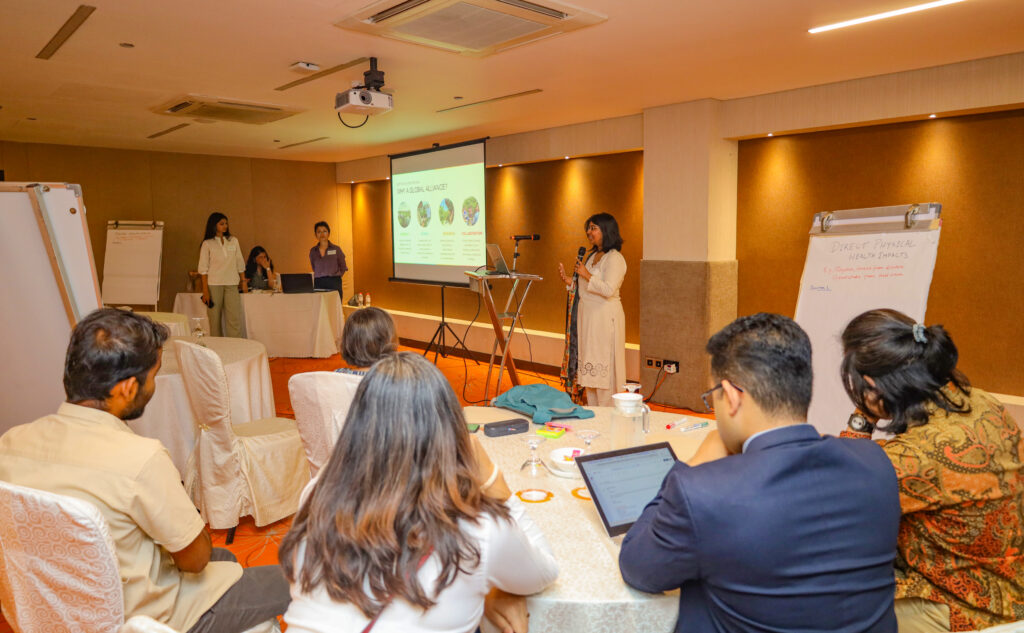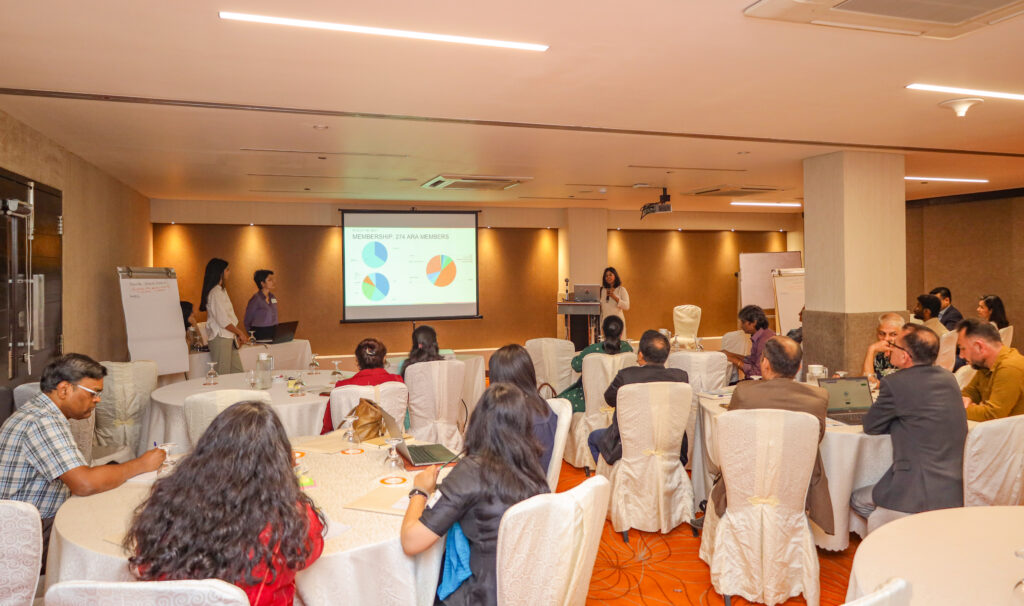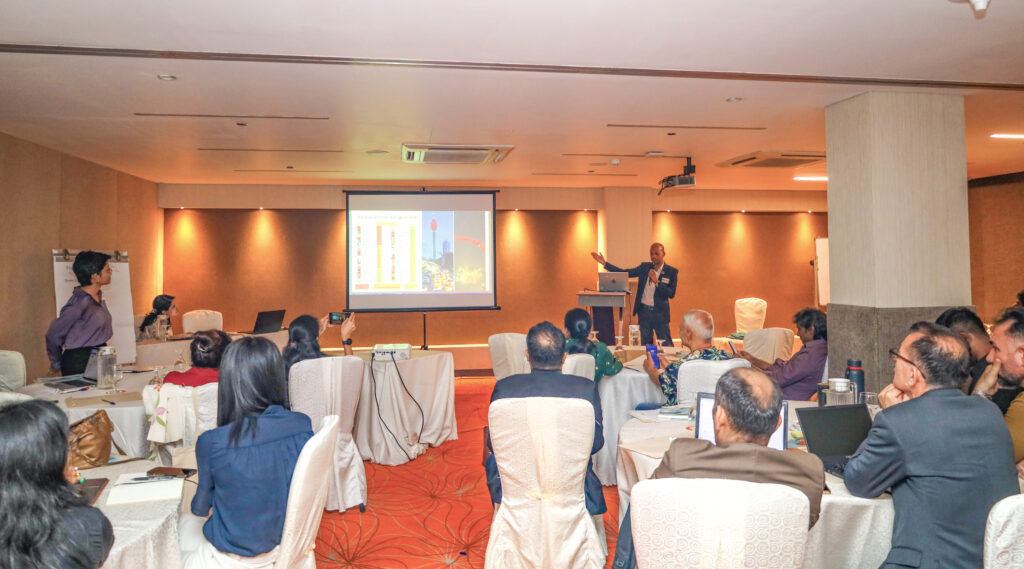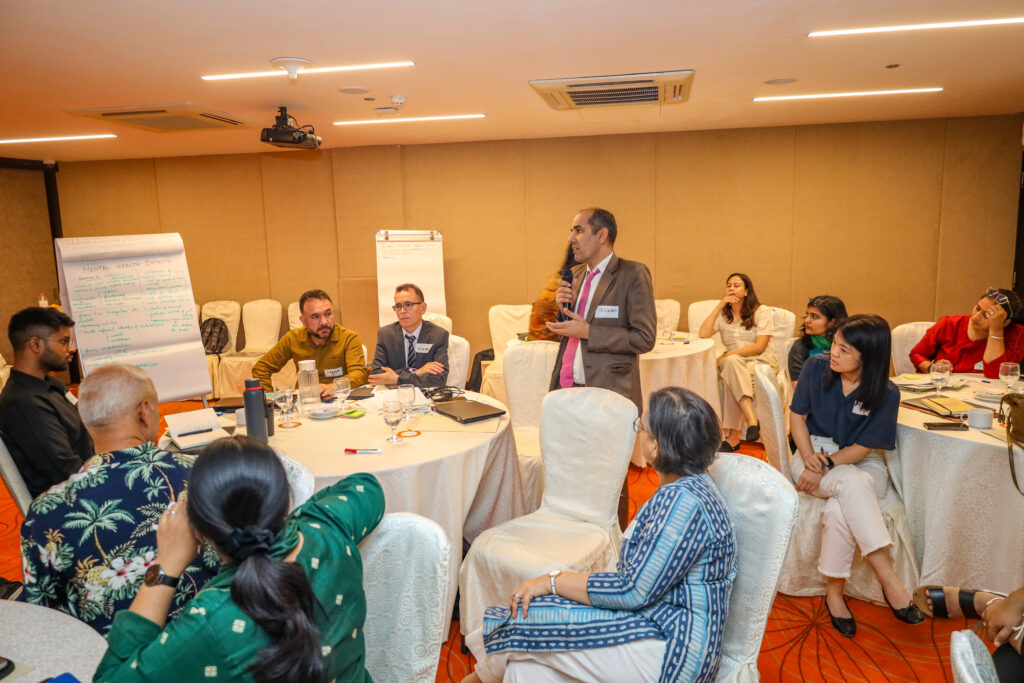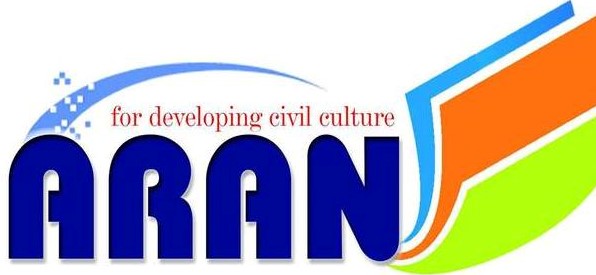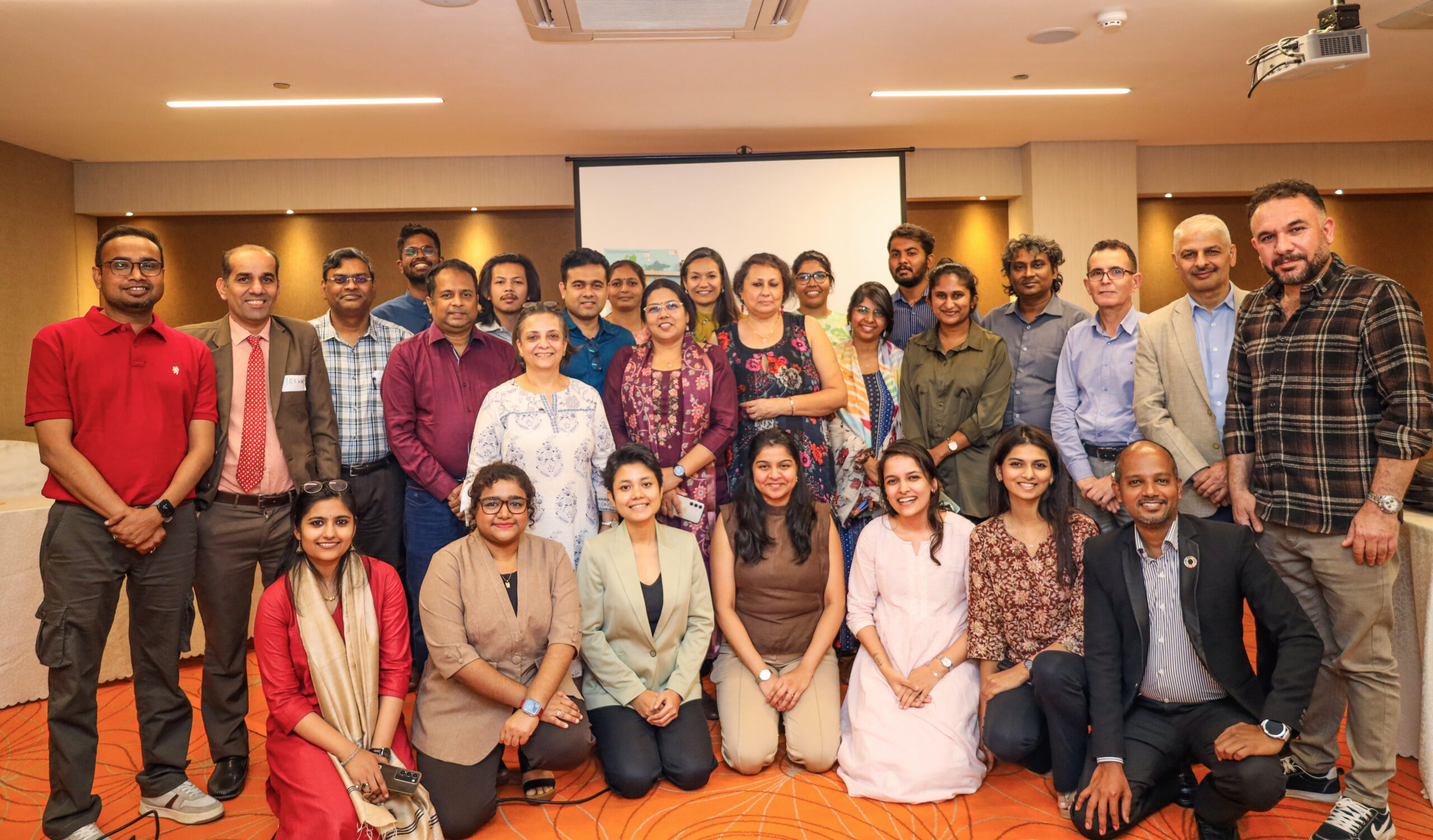Civil society representatives from across the Asia-Pacific region, including Aran Organization for the Development of Civic Culture,
convened in Colombo, Sri Lanka, for the Asia-Pacific ARA-TLS Knowledge Synthesis Symposium, held from February 24-26, 2025. Organized by Transition Research as the TLS project lead partner of the Adaptation Research Alliance (ARA), the symposium aimed to foster collaboration and knowledge-sharing among climate adaptation experts and practitioners.
As a member of ARA, Aran Organization actively participated in discussions and workshops focused on advancing climate adaptation strategies and strengthening regional cooperation. The event provided a platform for participants to exchange experiences from their ongoing adaptation projects and develop tools for effective evaluation and future planning.
Key topics covered during the symposium included health, human settlements, digital technology in food security, and adaptation goals—critical areas for ensuring resilience in the face of increasingly unpredictable climate patterns. Representatives explored practical solutions for enhancing community health outcomes, developing climate-resilient infrastructure, and utilizing digital tools to bolster food security and adaptation efforts.
A central focus of the event was the Tracking, Learning, & Sharing (TLS) initiative, a core component of ARA’s work designed to encourage knowledge exchange, engagement, and collective learning. Symposium participants, including Aran Organization, actively contributed to the development of impactful knowledge products that will inform future adaptation projects and policy-making.
Beyond knowledge-sharing, the symposium also emphasized inclusivity and collaboration, reinforcing ARA’s commitment to diversity and peer learning. The three-day gathering marked a significant step forward in enhancing regional cooperation on climate adaptation, equipping participants with new insights, tools, and partnerships to drive effective climate resilience strategies in their respective communities.
